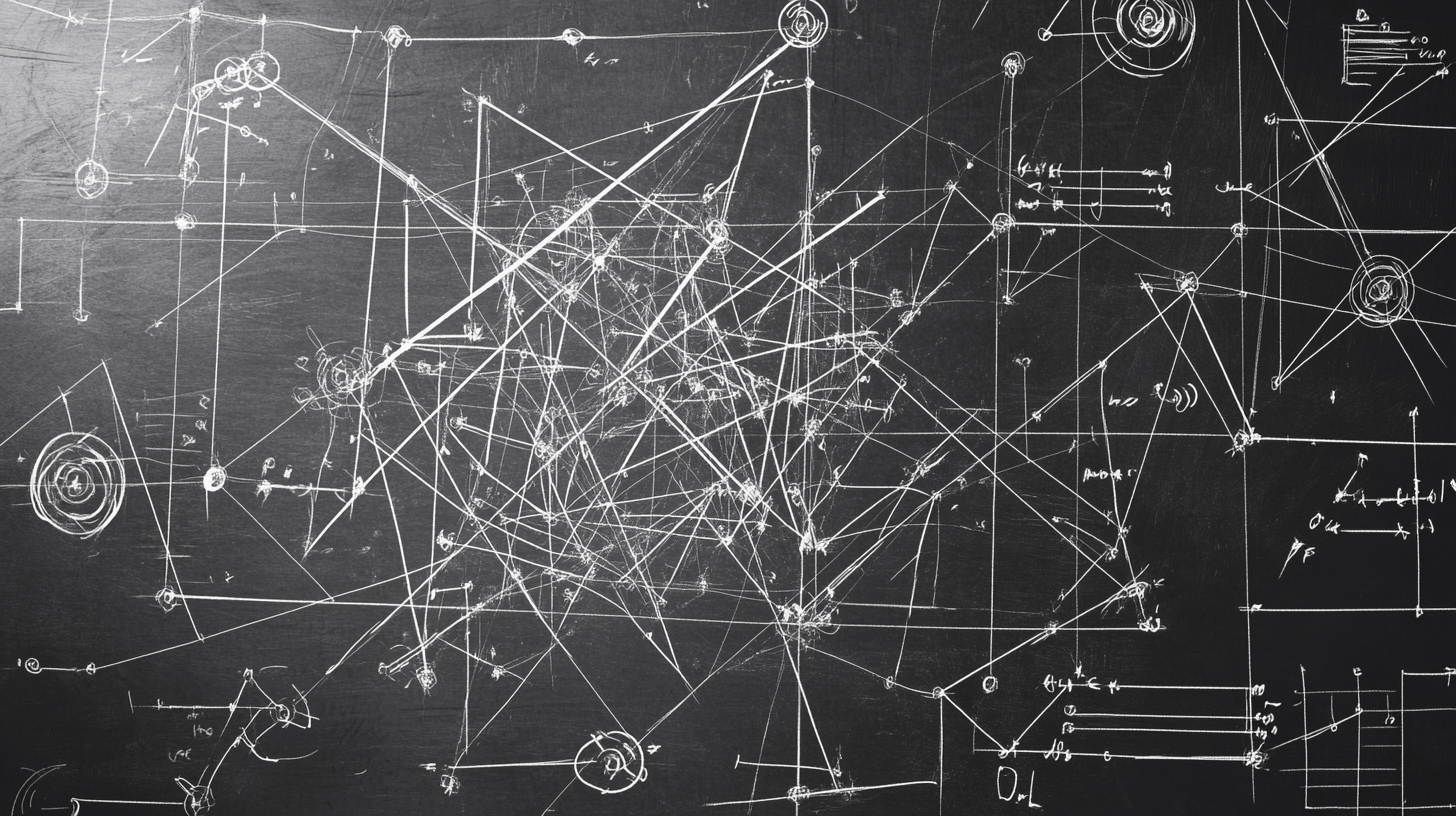Renowned mathematician Terence Tao envisions AI-powered "industrial-scale mathematics"

Renowned mathematician Terence Tao believes AI assistants could transform mathematical research. He sees a shift from individual efforts to large-scale industrial collaboration.
In an interview with The Atlantic, Terence Tao, Professor of Mathematics at UCLA, shared his vision for AI use in mathematical research. He imagines researchers conversing with chatbots to develop and refine ideas.
Tao likens potential AI use in mathematics to chess computers. While AI mastered chess, the game still thrives. Players can now use engines to analyze moves far in advance.
OpenAI's o1 shows promise in this direction, says Tao, but he notes that current AI models fall short of being true research assistants. He compares them to "mediocre, but not completely incompetent" assistants that can handle routine tasks but lack creativity and flexibility.
"One key difference between graduate students and AI is that graduate students learn," Tao explains. AI may temporarily adjust its approach when corrected, but often reverts to previous methods. Each new AI session starts from scratch.
"I'm much more patient with graduate students because I know that even if a graduate student completely fails to solve a task, they have potential to learn and self-correct," Tao says, emphasizing that "AI and humans have such different models for how they learn and solve problems."
Industrial-scale Mathematics
Tao envisions "industrial-scale mathematics" enabled by AI and computer tools. Large teams with AI support could conduct broader, less in-depth research instead of individual mathematicians tackling difficult problems for years. Chatbots could accelerate this by translating natural language into code for proof assistants.
"Instead of narrow, deep mathematics, where an expert human works very hard on a narrow scope of problems, you could have broad, crowdsourced problems with lots of AI assistance that are maybe shallower, but at a much larger scale," Tao says. "And it could be a very complementary way of gaining mathematical insight."
He emphasizes that humans and AI have complementary strengths. Both will always be needed in research. "AI is very good at converting billions of pieces of data into one good answer. Humans are good at taking 10 observations and making really inspired guesses," Tao notes.
AI proves theorem, but humans do it better
University of Pennsylvania mathematics professor Robert Ghrist used GPT-o1-mini to create a complex mathematical proof. After months of testing various models, 01-mini analyzed a faulty proof, identified errors, and generated a new, more elegant proof.
However, Ghrist admits that working with the AI didn't necessarily simplify the process. Another mathematician later showed that the proof could have been much simpler.
AI News Without the Hype – Curated by Humans
As a THE DECODER subscriber, you get ad-free reading, our weekly AI newsletter, the exclusive "AI Radar" Frontier Report 6× per year, access to comments, and our complete archive.
Subscribe nowAI news without the hype
Curated by humans.
- Over 20 percent launch discount.
- Read without distractions – no Google ads.
- Access to comments and community discussions.
- Weekly AI newsletter.
- 6 times a year: “AI Radar” – deep dives on key AI topics.
- Up to 25 % off on KI Pro online events.
- Access to our full ten-year archive.
- Get the latest AI news from The Decoder.